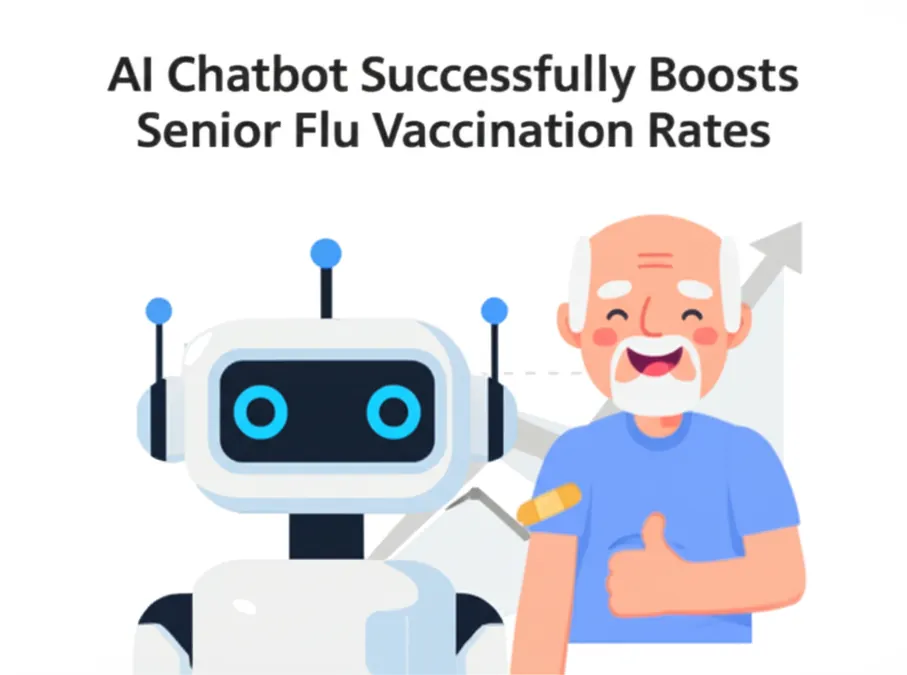Developer Offer
Try ImaginePro API with 50 Free Credits
Build and ship AI-powered visuals with Midjourney, Flux, and more — free credits refresh every month.
Are Your ChatGPT Conversations Really Private

Many of us interact with ChatGPT as if it were a trusted confidant, sharing personal worries, secrets, and ideas. This sense of confidentiality can feel similar to speaking with a doctor or therapist, where privacy is expected and protected. However, it's crucial to understand that conversations with AI operate under a different set of rules, and your privacy has significant limitations.
OpenAI's Automatic Monitoring System
OpenAI employs automated systems to scan conversations for problematic content. The company is transparent about this practice, aiming to identify potential safety risks and abuse early. In an official statement, OpenAI explained its approach:
We have leveraged a broad spectrum of tools, including dedicated moderation models and the use of our own models for monitoring of safety risks and abuse.
This confirms that every conversation is subject to automated review. If a potential risk is flagged, human moderators may be granted access to your chat history to investigate further.
Drawing the Line: Self-Harm vs. Endangering Others
OpenAI handles sensitive topics like mental health emergencies with a specific protocol. The company clarifies that if a user expresses suicidal intent, ChatGPT is trained to provide resources and direct them to seek professional help. To protect user privacy in these vulnerable moments, these instances are not reported to law enforcement.
However, there is a clear distinction when the safety of others is at risk. OpenAI states that a different process is initiated for users who are planning to harm others:
When we detect users who are planning to harm others, we route their conversations to specialized pipelines… we may refer it to law enforcement.
This policy highlights a critical exception to user confidentiality: credible threats against third parties can and will be escalated to the authorities.
Navigating Legal and Ethical Gray Areas
The practice of monitoring user conversations raises complex legal and ethical questions. While users expect a degree of privacy, they must also accept that technical moderation is in place for safety reasons. This creates a delicate balance between individual confidentiality and collective security, a balance that is interpreted differently across various legal systems worldwide.
The Future of Privacy in AI Conversations
As AI becomes more integrated into our lives, the debate around data privacy is intensifying, fueled by international incidents and legal challenges. One thing is certain: privacy in AI conversations is not absolute. Future court rulings and new regulations will play a decisive role in shaping the boundaries of AI monitoring and determining the extent to which user privacy is ultimately protected.
Compare Plans & Pricing
Find the plan that matches your workload and unlock full access to ImaginePro.
| Plan | Price | Highlights |
|---|---|---|
| Standard | $8 / month |
|
| Premium | $20 / month |
|
Need custom terms? Talk to us to tailor credits, rate limits, or deployment options.
View All Pricing Details

